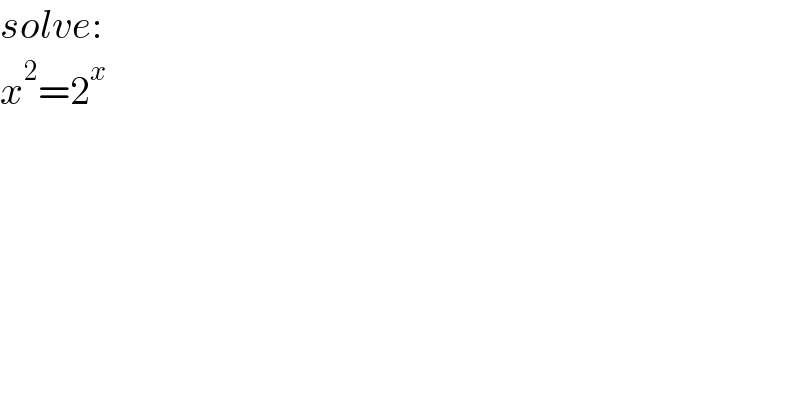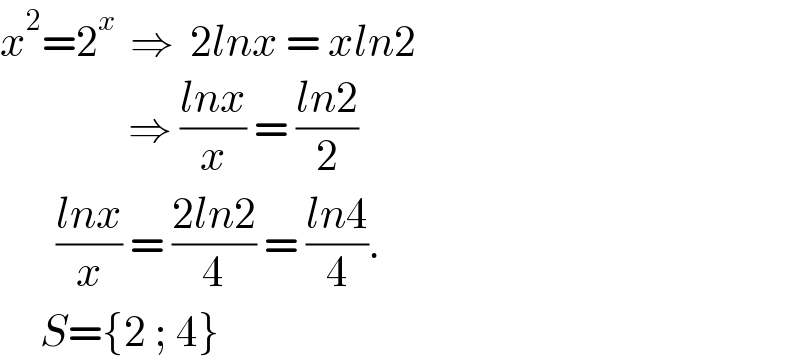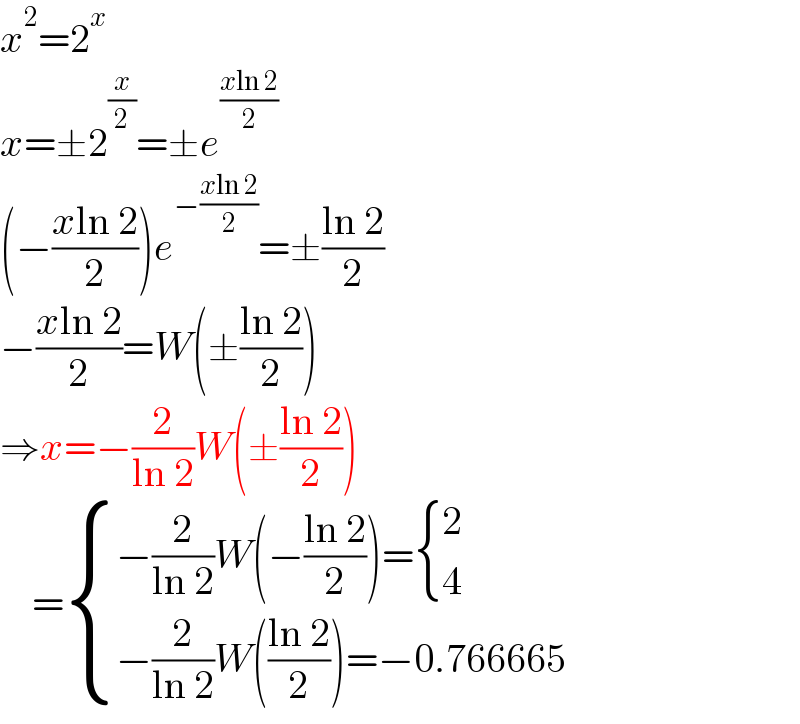
Question and Answers Forum
Question Number 172029 by Mikenice last updated on 23/Jun/22

Commented by Rasheed.Sindhi last updated on 23/Jun/22

Commented by Mikenice last updated on 23/Jun/22

Commented by mr W last updated on 23/Jun/22

Commented by puissant last updated on 23/Jun/22

Commented by mr W last updated on 23/Jun/22

Answered by mr W last updated on 25/Jun/22

